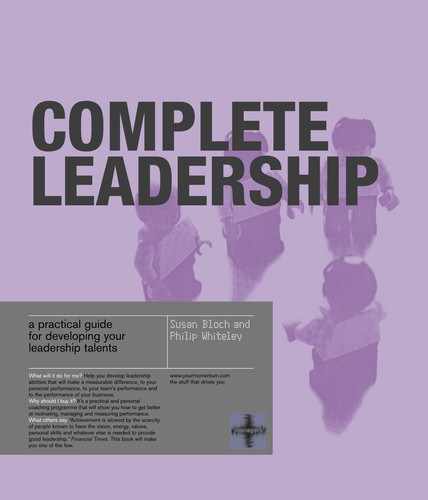
puritanical tract, but a reminder that the term ‘work–life balance’
includes the concept of balance. It’s better to let ourselves go after the
completion of a project or on holiday. Similarly with working hours:
we feel virtuous in working a 14-hour day; but what is the quality of
work during that time, and how does it help us deal with tomorrow?
We have to look after ourselves.
To borrow from the world of sport or music – where continuous
coaching and learning are more accepted – we would be shocked at a
musician or sports star working for 12 hours the day before a major
performance, and then drinking a couple of bottles of wine in the
evening. So why do we approach a board meeting in such a casual
manner?
Barbara Moorhouse is former finance director of the technology
company Kewill Systems. She worked very long hours, involving
much transatlantic travel, in periods during the economic downturn,
when the company had undergone tough trading conditions and
falls in the share price. But she always ensured that she looked after
herself through exercise and relaxation – and that she allowed some
time for recovery after particularly demanding times.
She comments:
‘Coaching helped me understand just how important the
management of stress is in business. Since I first started a
coaching programme several years ago, I had a brief spell
outside of a full-time role and I learned the value of time for
myself, and the importance of eating well. Since I began
working full-time again that sense of balance has never left me.
I make the time to eat properly; I don’t drink half a bottle of wine
if I can’t handle it and I exercise every day. Personal self-
management is the foundation for everything; it is not a
Tempting as it is to seek outlets in drink and drugs,
they tend only to alleviate stress in the short term.
..................Content has been hidden....................
You can't read the all page of ebook, please click here login for view all page.
